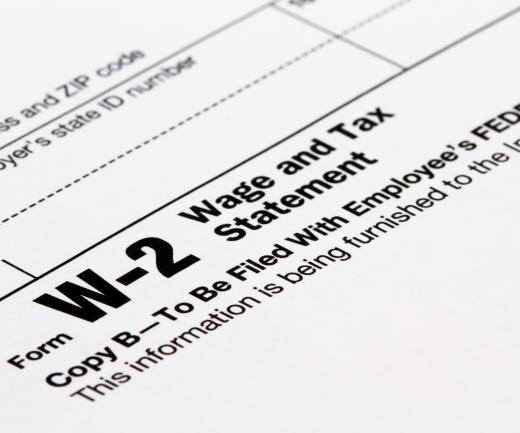The break-even tax rate has to do with the level of tax that would be incurred as part of a financial arrangement that would neither motivate participation nor discourage it. A break-even tax rate tends to leave the investor somewhat indifferent. This creates a situation where the investor has to be enticed to participate in the transaction by some other means, rather than relying on tax breaks to seal the deal.
In one sense, a break-even tax rate does possess a limited degree of interest to an investor. Since the tax rate associated with the proposed arrangement will not tend to be a figure that the investor would consider prohibitive, the matter of incurring taxes associated with the opportunity is quickly set aside. This will provide the broker or dealer the chance to focus the attention of the investor on the other aspects of the transaction or series of transactions, pointing out the other merits of the arrangement.

A break-even tax rate may also serve the purpose of an investor who has little or no interest in gaining any type of tax advantage from investments. With no real reason to dwell on the possibility of incurring a high level of taxation regardless of the performance of the investment, it is possible to focus more on some investments that may contain a higher degree of risk. The limited projection of applicable tax rates coupled with the chance to realize a higher profit may create just enough interest to cause an investor to take a chance and go with the investment.
All sorts of investors can take advantage of opportunities that involve a break-even tax rate. Individuals, corporations, and other entities can all find arrangements that will function in a manner that results in a break-even tax rate. Brokers are generally aware of any number of investments that are likely to generate this type of tax situation, and can readily advise potential investors of how to proceed.
